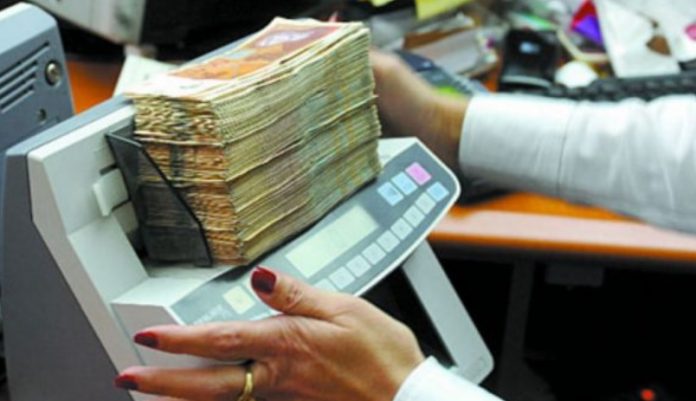The budget review adopted by the caretaker government last week was expected, but passed with a significant delay, in the context of the need for it to demonstrate the government’s commitment to cutting all unproductive spending and spending that has lost priority in the context of the crisis, reads the initial assessment of the Institute for Economic Analysis Finance Think.
“The revised projection for a 3.4% decline in the economy is correct and in line with our April 11 forecast. However, this rate is with further downward risks, which can negatively affect the revenue side of the budget in the third and fourth quarters, which may cause the need for a second review.
They estimate that the budget deficit is expected and is a direct result of the negative consequences on the economy since the emergence of Covid-19, which imposes the need to prepare an optimal plan for its financing in the current year, but also redesign the plan for medium-term public debt financing. They also believe that cutting total spending is insufficient and that only 68% of the cost of Covid-19 expense is covered by reduced spending.
“Prioritization in reducing spending, depending on their developmental significance, is not reflected in the budget rebalance. On the contrary, the apparent attempt not to shorten current spending items, some of which are considered unproductive, can be interpreted as pre-election. For example, the budget item for goods and services decreased by 8.7% compared to the initial budget, and salaries and allowances decreased by 1.4%, or a total of 0.9% decrease compared to the total planned budget for 2020. For comparison, the reduction in capital expenditures is almost doubled, 18% compared to the original plan or 1.8% of the 2020 budget. The latter does not correspond to the announcements for intensification of the execution of the capital expenditures of the state, and even the start of planned projects for 2021 and 2022 in the current year.
Given the crisis situation, cutting unproductive spending should be radical and decisive, not only to provide fiscal space to fund Covid-19-related measures, but also to send a clear signal to economic agents that the state is pursuing a committed and consistent fiscal crisis policy, according to the Finance Think report.



